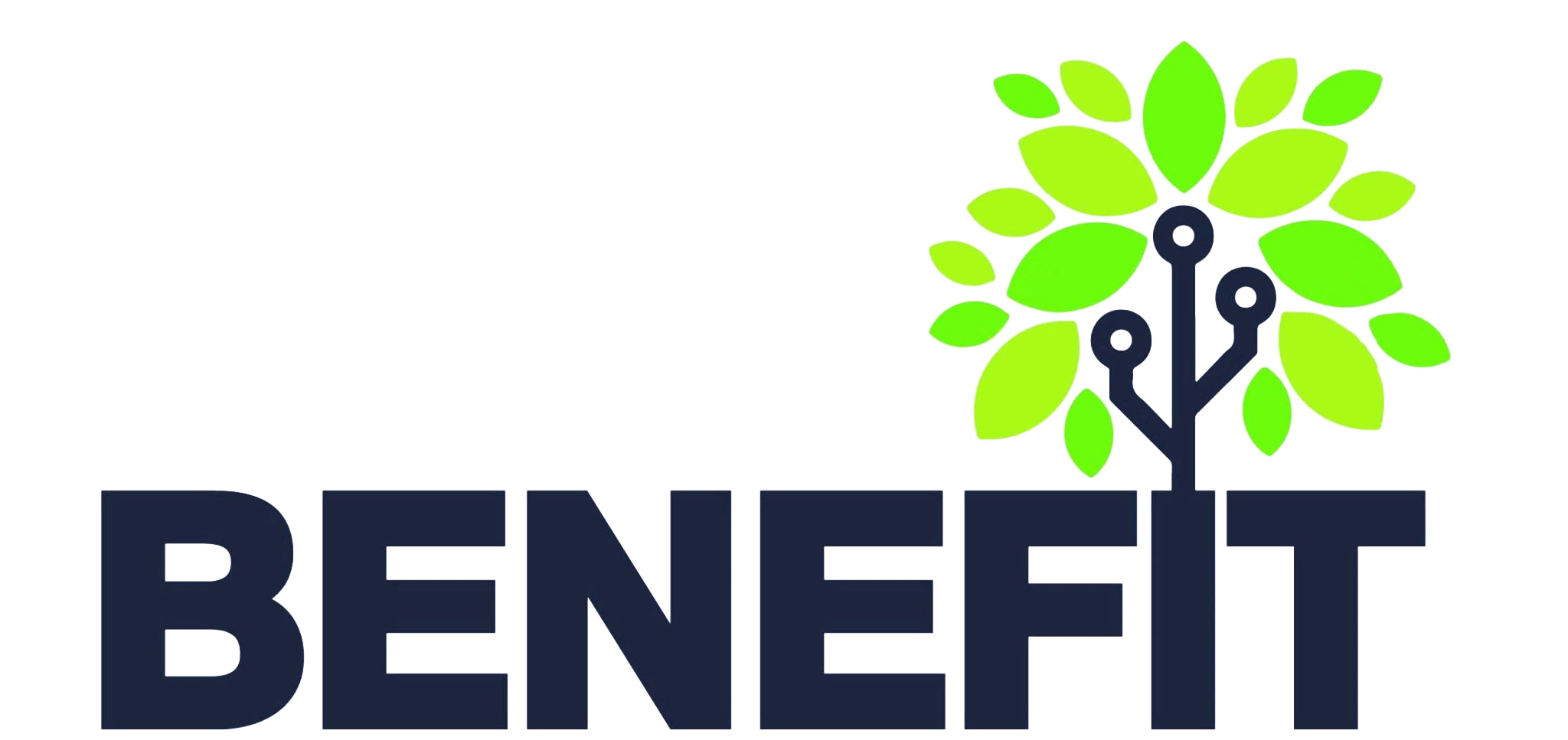Z. Palkova1, M. Harničárová2, J. Valíček2, V. Stehel2, M. Fragkaki3
1Slovak University of Agriculture in Nitra (SLOVAKIA)
2Vysoká škola technická a ekonomická v Českých Budějovicích (CZECH REPUBLIC)
3University of Patras (GREECE)
https://library.iated.org/view/PALKOVA2021BOO
“Precision agriculture”, also called “digital farming”, is an innovative concept in the countries of
Middle East and especially in Palestine. This is not specifically about the technologies, but about
the overall concept putting accent on understanding how the technologies can make the farming
more accurate and controlled. In the document “National Agricultural Sector Strategy
(2017-2022) “Resilience and Sustainable Development” as one of the main factors that had
negative impact on (sustainable) agriculture development weak capacity to keep up with
technological progress, low competitiveness of local products and abandoning production
processes have been identified.
As a possible solution of this problems the following two actions have been proposed:
1. Working with the private sector to keep abreast of new technologies and encouraging their
entry into the local market and
2. Continuous training of human resources in the agricultural sector to keep abreast of technical
agricultural progress.
The BENEFIT project (609544-EPP-1-2019-1-PS-EPPKA-CBHE-JP) which runs under the
Erasmus+ Capacity Building for Higher Education programme tries to address the challenges
faced by the Palestine regarding ICT, technological developments, and creating a global
education and research framework for innovation and development regarding the integration of
newest (digital) technologies into agriculture and rural development.
The article presents the main activities of the BENEFIT project that aim to:
1. Involve Palestinian HEI’s in Research Movement related to Precision Agriculture in Europe.
2. Encourage Palestinian researchers and academics to have an interest to topics related to the
concept, domains, tools and digital technology of the Precision Agriculture (e.g. a wide array of
items such as GPS guidance, control systems, sensors, robotics, drones, autonomous vehicles,
variable rate technology, GPS-based soil sampling, automated hardware, telematics, and
software).
3. Define of a qualification profile and the curriculum in precision agriculture and the elaboration
of assessment standards
4. Involve Palestinian farmers into the precision agriculture processes, enhancing them with
critical-reflective and creative skills.
keywords: erasmus+, precision agriculture, innovative syllabus, innovative technologies,
capacity building, bologna process




